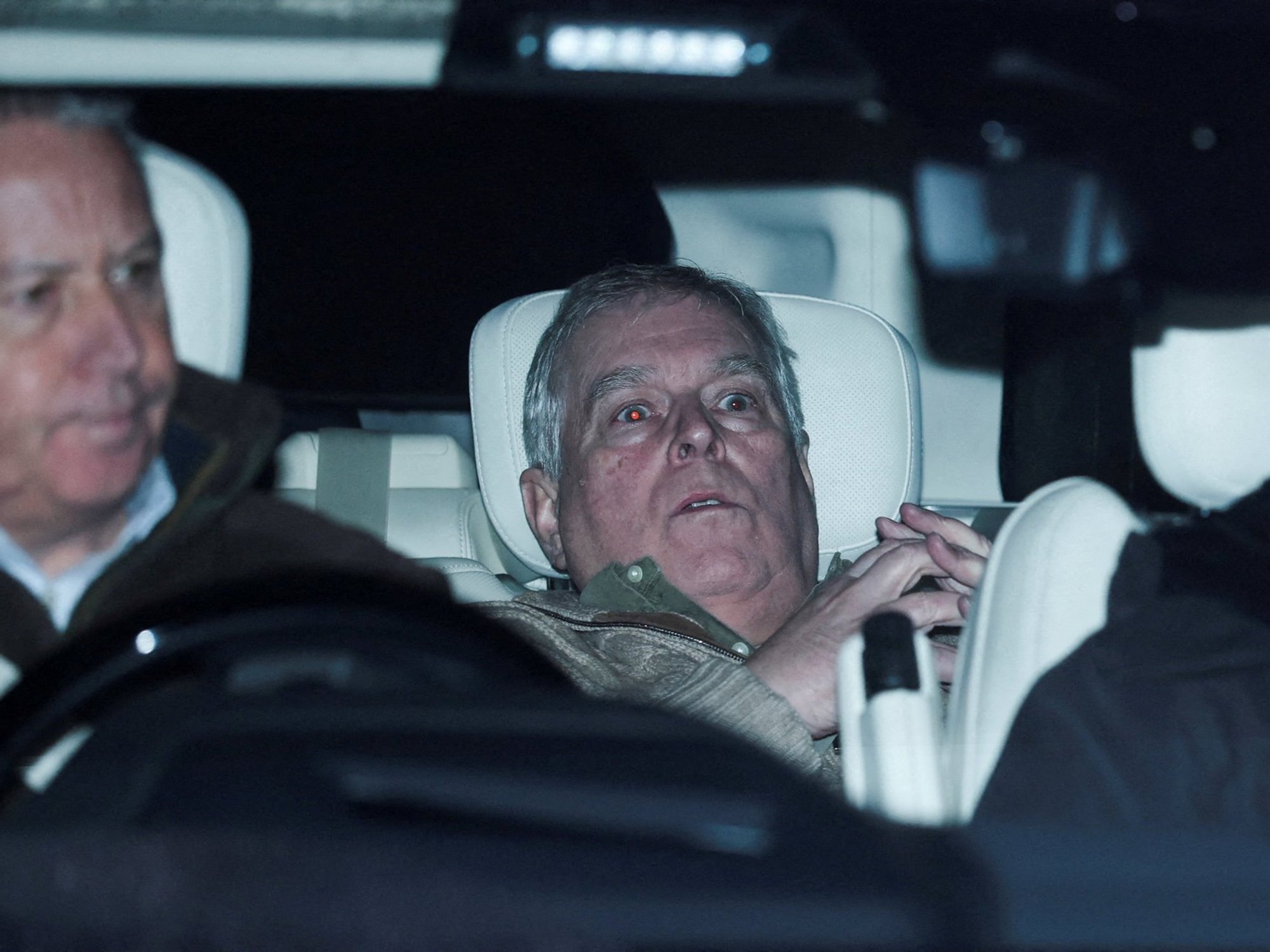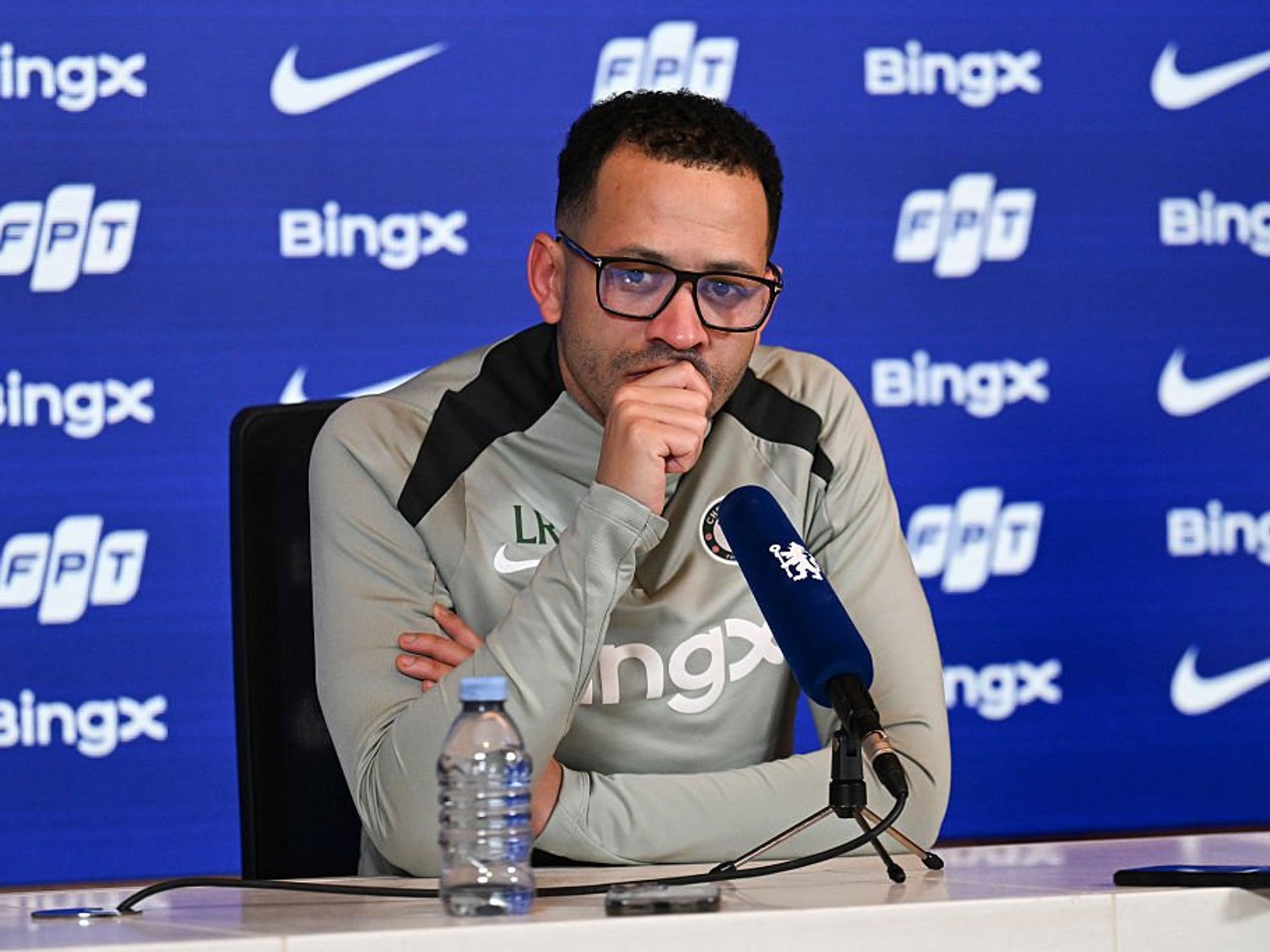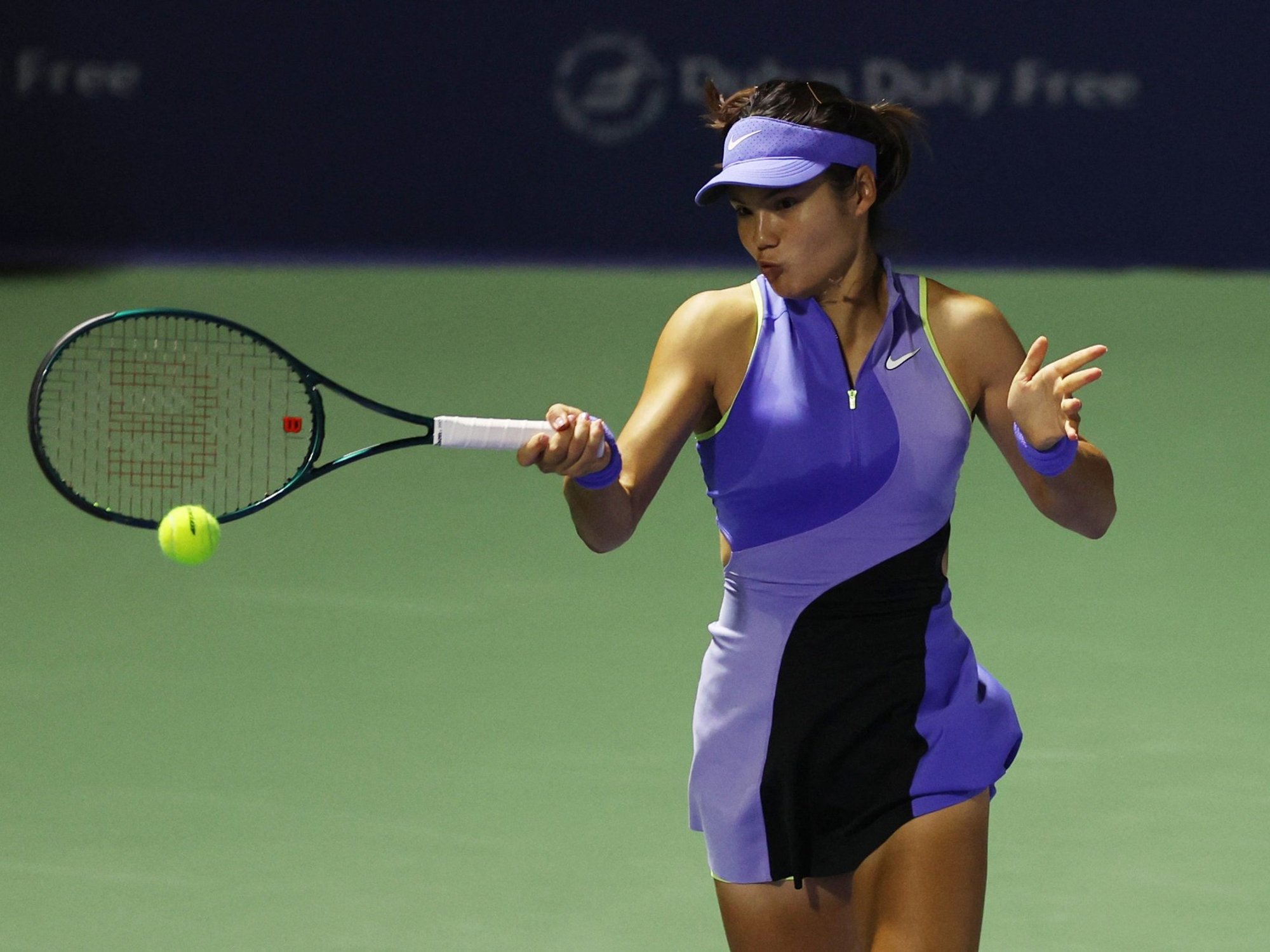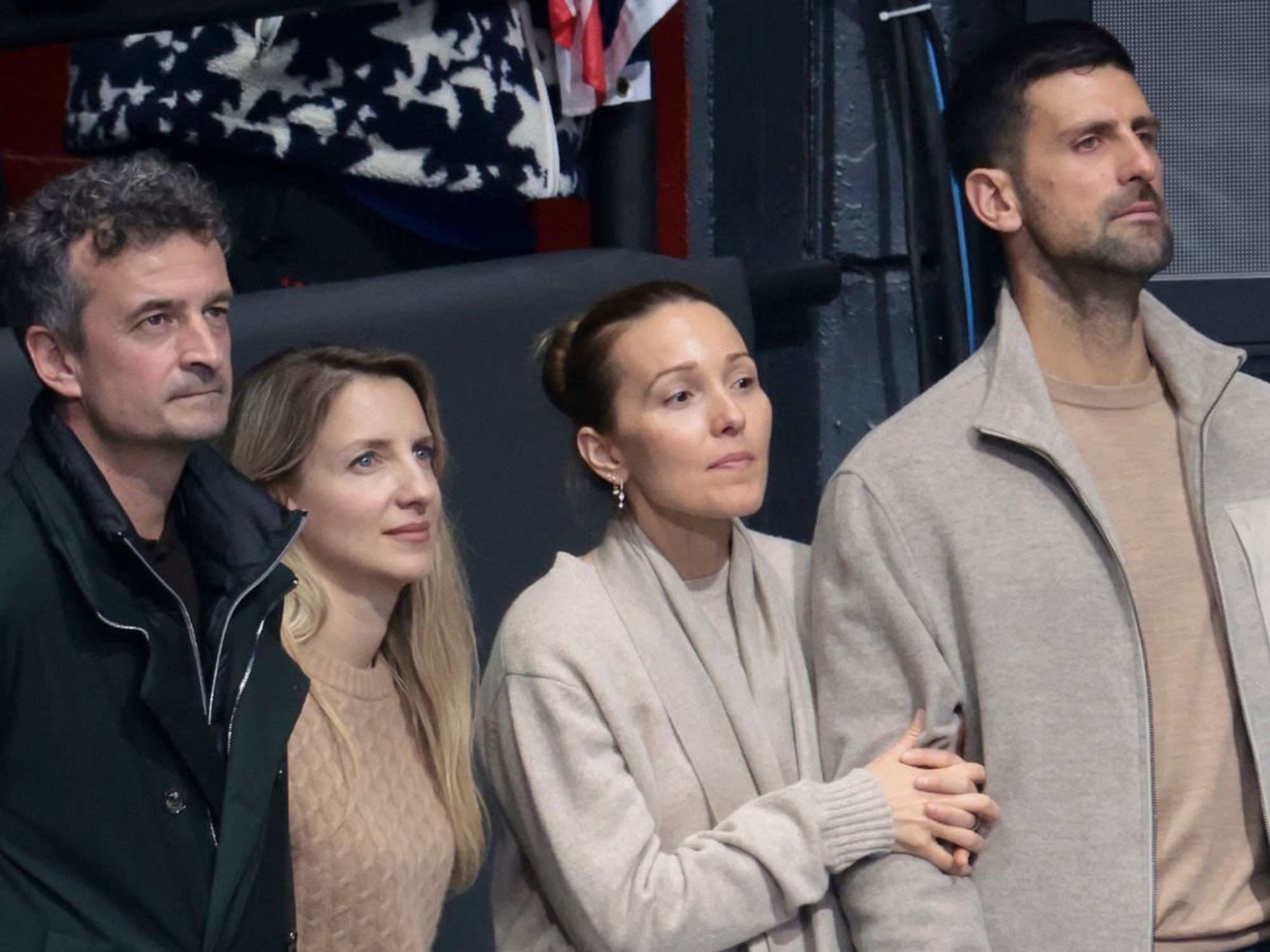Britain’s Strictest Head MUST win in the High Court - or the floodgates risk being open to schools being blackmailed, says Bev Turner
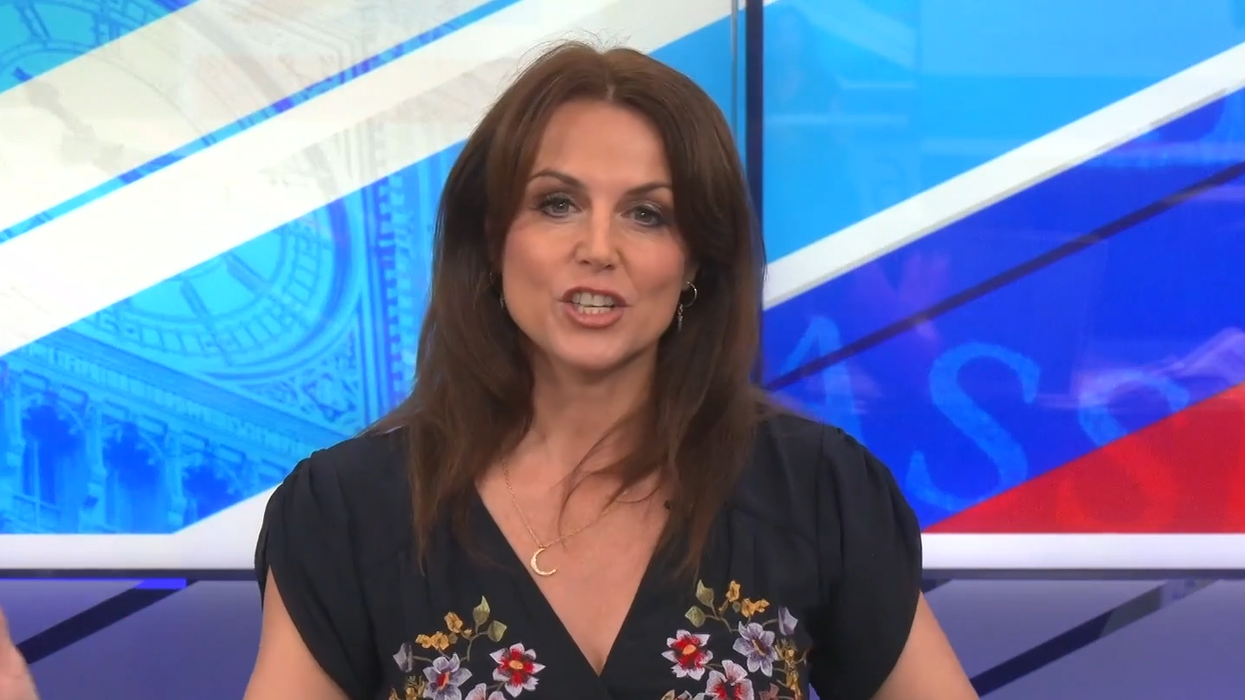
Bev Turner warns that the future of schooling is at risk if Katharine Burbelsingh loses in the High Court
| GB News
'Whilst schools are political and religious battlegrounds, the authority of teachers is undermined'
Don't Miss
Most Read
Schools are a microcosm of the country outside of their walls: a group of diverse people, managing relationships, achieving goals whilst adhering to both written and unwritten rules of behaviour, respect and tolerance.
Good schools – like good countries – require strong leaders with a robust vision and clear expectations of the people around them.
They both require laws with consequences when they are flouted. Great schools – like great nations – house a population that aims high and works hard in the belief that their individual success will also benefit others: their class-mates or family as well as the broader school or local community.
But in a twenty-first century school – or nation – defined by a blend of multiple nationalities and religions, building a vision behind which everyone can unite is a challenge that turns the stomachs of most politicians or Head teachers.
Too scared of causing offence by choosing the wrong words forces cowardice: failing to question the pros and cons of multi-culturalism; turning a blind eye to growing division and smiling nicely while resentment grows around them. In attempting to keep everyone happy soft head-teachers and weak politicians keep nobody happy.
And into this hellscape of cultural and religious landmines steps Katharine Burbelsingh – framed as “Britain’s Strictest Head” by the Channel 4 fly-on-the-wall series. Unafraid of allowing cameras into her Wembley academy, The Michaela Community School, she demonstrates a particularly old-fashioned style of leadership built on tough-love, firm boundaries and a zero-tolerance approach to disobedience.
But in her relentless efforts to accommodate diversity whilst also removing religious boundaries to pupil integration, she has found herself in the High Court, taken there by a female Muslim pupil (and presumably her parents) who claims her human rights are affected by the teacher’s failure to provide a separate prayer room for muslims. The child is receiving an estimated £150,000 of taxpayers money in Legal Aid.
It all started in March when some of the Muslim pupils are said to have pressured others into being “better muslims” – observing fasting at Ramadam or wearing a Hijab. It was a type of religious bullying that forced the teachers to put their foot down and quash this insidious rebellion in order to avert growing chasms.
Death threats are claimed to teachers have followed; bottles were thrown over the playground fence and ultimately, legal action was taken when the religious demands of these children were not met.
Given that 50 per cent of the pupils are Muslim, Burbalsingh argues that accommodating formal prayer would mean, “after lunch the non-Muslim kids are sent outside and the Muslim kids are all sent upstairs to run around the corridors to go into random classrooms to pray, it would mean total chaos.”
But this case touches more than simply the practicalities in one school.
Burbalsingh says that she will never divide children by race or religion and has to actively pull down barriers to cross-cultural mixing, “People tend to just stick with their own,” she says, describing a scenario seen on high streets as well as classrooms, “and then you end up with schools where you have the Hindu kids here and the Muslim kids there and the black Caribbean kids there and the black African kids there and so on, those kinds of divisions aren’t helpful, not if you want a multi- cultural society to succeed.”
In her statement to the High Court, she says, “Michaela is ‘a place where children of all races and religions buy into something they all share and that is bigger than themselves: our country.”
Ouch. You can hear the liberal-minded teacher’s unions wincing at such a sucker punch. It is not fashionable to mention British values or question the frenzy to affirm each child’s racial, religious or gender identity. I imagine a generation of narcisstic youngsters curating their lives on social media might feel rather relieved to know that they is something “bigger than themselves.”
Burbalsingh’s anachronistic emphasis on ‘our country’ must cause intakes of breath from those who wish to ‘decolonise’ the curriculum and replace national pride with a retrospective shame.
Her school’s ethos prizes character and hardwork above and beyond these variances. The Michaela School tops the leaderboard for academic performance improvement: the grade a child earns upon arrival compared to that when they leave.
She doesn’t indulge the victimhood culture so popular in today’s schools. Speaking to Unherd, she asserts that her pupils are not allowed to use their poor or difficult family lives as an excuse for not submitting homework. She reminds us that children will aspire to the limits we set them. And she expects “compromise” from all of her students – be that the Christians who don’t want Sunday revision lessons or the Hindus who don’t want eggs served at lunch.
Prizing adult authority over children’s feelings is deeply unfashionable. But we have a mental health epidemic amongst children who have never had so few boundaries and such low expectations placed upon them.
Burbalsingh reminds us that children feel ‘safe’ when the adults set rules and stick to them; when adults make decisions for them – including whether they have the right to a formal prayer space or not.
If she loses her High Court case, it could open the floodgates to all schools being blackmailed and pressured into religious accommodations – led, perhaps, by Muslims currently angered by events in the Middle East or simply emboldened by this victory.
Whilst schools are political and religious battlegrounds, the authority of teachers is undermined and teaching – the very reason why kids are in attendance – becomes much more difficult.
It transpires that the pupil who brought the case to The High Court was suspended last year for allegedly threatening to stab another child. Lawyers for the pupil say that her account of events had not been taken into consideration.
It is now up to the judge to decide is she is right. We must all be on the side of unity – not division.






